According to Oriental medicine, bathing is not only a method to help clean dirt from the skin, but through bathing can also help promote blood circulation, eliminate evil spirits, and help nourish the mind and calm the spirit.
Here are some notes when bathing in cold weather:
- 5 things you absolutely should avoid when bathing
- 1. Do not bathe early in the morning or late at night
- 2. Do not bathe when you are too hungry or just after eating.
- 3. Do not bathe when your body is tired or immediately after strenuous exercise.
- 4. Do not take cold showers
- 5. Don't bathe for too long
- 4 things to do when bathing in cold weather
- 1. Should take a warm bath
- 2. Bathe in a private place, away from drafts
- 3. After bathing, avoid cold wind.
- 4. Combine bathing with herbs to enhance the health benefits
5 things you absolutely should avoid when bathing
1. Do not bathe early in the morning or late at night
In Oriental Medicine, the balance of yin and yang is always considered important, and all daily activities should follow that rule. In the cold season, when yang energy is weak and cold evils easily invade, bathing requires special attention. It is best to choose a time of day when yang energy is strong so that the body can easily adapt and avoid catching a cold.
Early morning is when the yang energy has not yet fully released. Late at night is when the yang energy has been absorbed. These are two times when not only the outdoor temperature drops but the yang energy in the body also drops. At this time, if you take a bath, the cold evil from cold water and cold air will easily penetrate through the skin and hair, causing colds, coughs, aches and pains in bones and joints...
Therefore, in the cold season, you should wait until the sun is high in the sky before bathing. The best time to bathe is from 9am to 3pm. Bathing at this time will help warm the body without damaging the yang energy. If you cannot bathe at this time, you should also avoid bathing early in the morning and late at night.
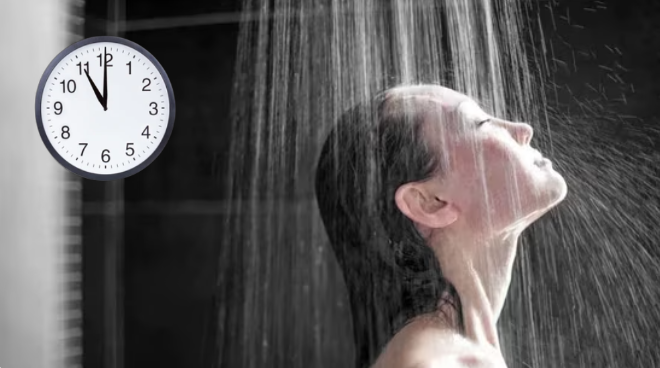
Late at night is when the yang energy has been absorbed, if you take a bath you will easily catch a cold and have aching bones and joints.
2. Do not bathe when you are too hungry or just after eating.
Not bathing when too hungry or too full is a general principle of health preservation, and this is even more true in the cold season. When too hungry, the blood and qi are reduced, if you bathe again, the blood and qi need to be mobilized to the skin to regulate, this can easily damage the body's true qi.
According to Oriental medicine, the spleen governs the movement of water and grain. When you have just eaten, the blood and energy need to concentrate in the spleen and stomach for digestion. In the cold season, if you take a bath right after eating, it will easily damage the function of the spleen and stomach, leading to bloating, indigestion, stomachache, and diarrhea.
The best time to take a bath is about 1.5 - 5 hours after eating, when the body is neither too hungry nor too full, which can keep the blood and internal organs from being damaged.
3. Do not bathe when your body is tired or immediately after strenuous exercise.
Many people have the habit of bathing when they are tired or right after exercise because they think that bathing will help relax the body and reduce fatigue, not knowing that this action has many potential risks that are harmful to health.
Fatigue is the feeling when the body's blood and energy are depleted, overwork causes qi deficiency, this is also the time when yang energy is weakened, cold evil easily invades. In the cold season, if the body is tired, you should rest, you can eat lightly and wait for the body to recover before bathing.
After vigorous exercise, the blood is active, the pores are open, the blood circulates, and body fluids flow out to regulate the temperature. If you bathe immediately after, the cold air from the water and air will penetrate very quickly, which can cause colds, coughs, stuffy noses, aching bones and joints, and more seriously, it can lead to headaches, dizziness, heart rhythm disturbances, etc. You should rest for at least 30-60 minutes after vigorous exercise, wait for sweat to dry, heart rate and breathing to stabilize before bathing.
4. Do not take cold showers
Some people think that taking cold showers in cold weather is a way to exercise the body, but according to Oriental medicine, this view is completely wrong.
Cold season is the time when "yin prevails and yang declines", in all activities of daily life, eating and working, it is necessary to keep warm to nourish yang. Bathing with cold water, cold air will suddenly penetrate through the skin, causing yang air to either be blocked or dispersed, causing external wind-cold, fever, chills, headache, stuffy nose, stiff and painful back and neck...
Not only that, cold water in the cold season also causes blood stagnation, causing bone and joint pain, cold limbs, and can also lead to dizziness and cyanosis in people who are already weak, especially dangerous for the elderly and people with high blood pressure.
5. Don't bathe for too long
Oriental medicine believes that "in the cold season, if you bathe for too long, you will be easily damaged by cold evils" even when using warm water because the yang energy is depleted, difficult to store, and body fluids are damaged, causing dry, cracked skin. In the cold season, even when using warm water, you should only bathe for 10-15 minutes, just enough to clean and warm the body, you should not bathe or soak in water for too long.
4 things to do when bathing in cold weather
1. Should take a warm bath
Warm water helps to harmonize the yang energy, circulate the blood, and harmonize the meridians. This not only creates warmth on the skin but also does not damage the yang energy inside. It also has the effect of relaxing the muscles and reducing pain. Warm water of about 35 - 40 degrees is most suitable for bathing in the cold season.
2. Bathe in a private place, away from drafts
According to Oriental medicine, "wind is the root of all diseases." In winter, the weather is cold, the wind is strong, the skin and fur need to be closed to keep warm, the yang energy is hidden inside. The draft is called "stimulating wind" in Oriental medicine, this is the type of wind that can easily penetrate and cause disease in humans.
When bathing, warm water causes pores to expand. If the bathroom is not airtight, the draft will bring cold evils that can invade the body and cause illness. Therefore, in the cold season, you should bathe in a place that is airtight, especially pay attention to avoid drafts.
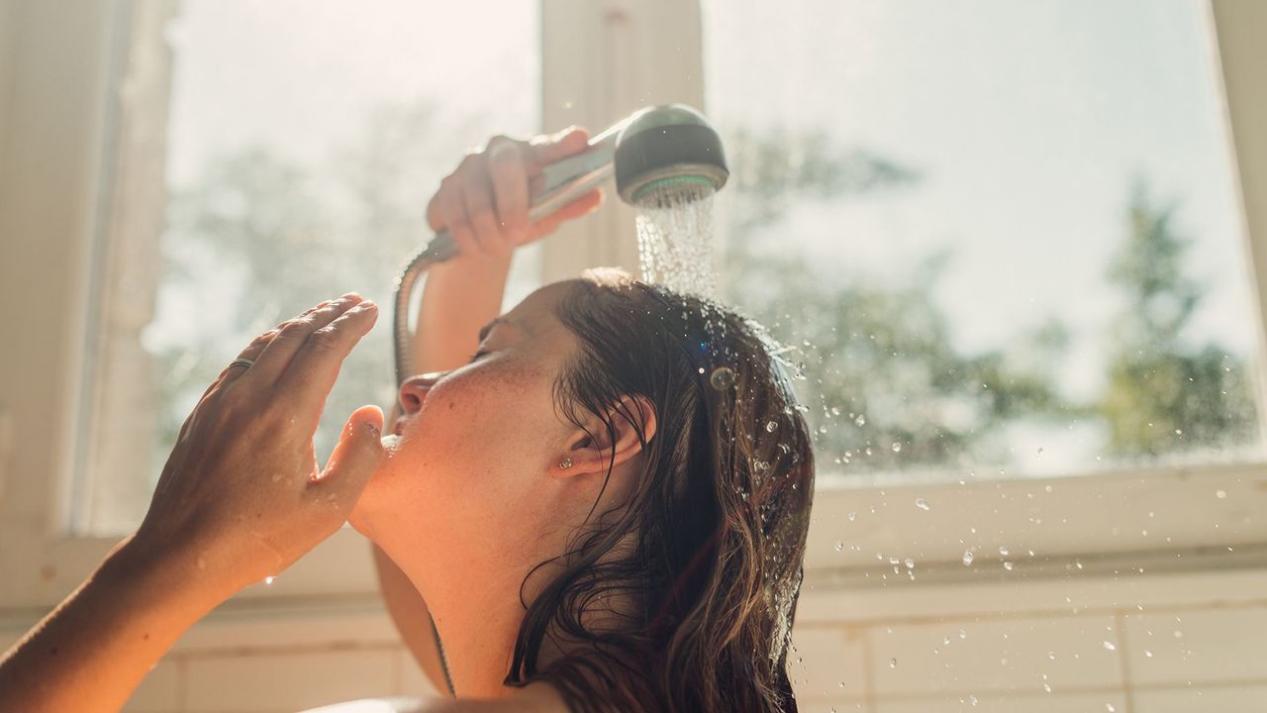
In cold season, you should bathe in a sheltered place to avoid cold evils from entering and causing illness.
3. After bathing, avoid cold wind.
In cold season, after bathing, you should avoid cold wind for the following reasons:
- When bathing, especially with warm water, the pores dilate, and blood vessels under the skin also dilate to release heat. If immediately after that, the body is exposed to cold wind or cold air, and the body has not yet had time to adapt, cold air can easily penetrate the skin, causing colds, headaches, muscle stiffness, or joint pain.
- According to Oriental medicine, the cold season is the time when yang energy is stored, the body needs to be kept warm to preserve yang energy. If after bathing, you are exposed to cold, yang energy is damaged, which can lead to external wind cold, or in the long term, it can easily cause back pain, knee pain, and numbness in the limbs.
- After bathing, body temperature is often higher than the environment. If you go outside or encounter a sudden cold wind, the temperature difference causes blood vessels to constrict rapidly, affecting blood circulation, easily causing dizziness and low blood pressure, especially in the elderly or people with cardiovascular disease.
- After bathing in the cold season, you need to dry your body quickly, dress warmly, and stay in a sheltered place, do not go out for at least 15 minutes to let your body stabilize. You can prepare warm water and ginger tea to drink after bathing to help your body stabilize.
4. Combine bathing with herbs to enhance the health benefits
In the cold season, if bathing is combined with herbs, it not only helps to clean the body, but can also warm the yang, circulate the qi, activate blood, relax the muscles, help the body adapt to the cold air, and keep the yang from being lost.
You should choose ingredients that are warm in nature, have the effect of dispelling cold, activating blood circulation, and relaxing muscles, such as ginger, cinnamon, mugwort, piper lolot, Chinese clematis, perilla… to boil in bath water. You can add a little salt to enhance the effect of relaxing muscles, activating blood circulation, and cleansing the skin.
Source: https://suckhoedoisong.vn/9-nguyen-tac-vang-khi-tam-trong-mua-lanh-de-khong-ruoc-benh-169251103124153185.htm







![[Photo] Opening of the 14th Conference of the 13th Party Central Committee](https://vphoto.vietnam.vn/thumb/1200x675/vietnam/resource/IMAGE/2025/11/05/1762310995216_a5-bnd-5742-5255-jpg.webp)




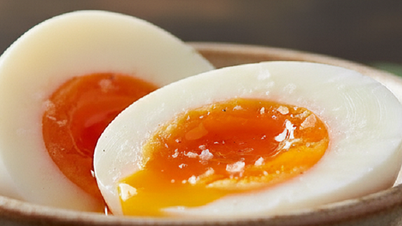


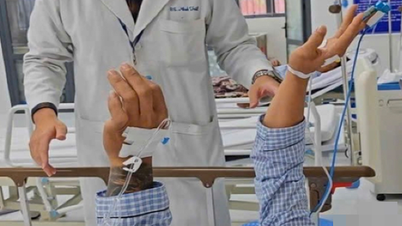








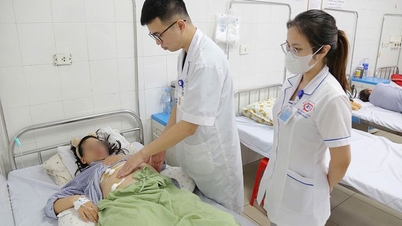
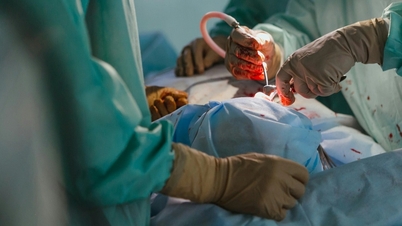







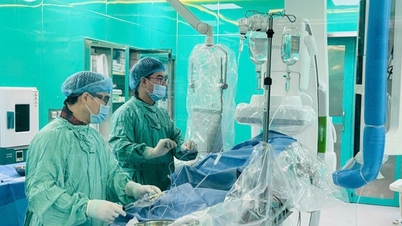
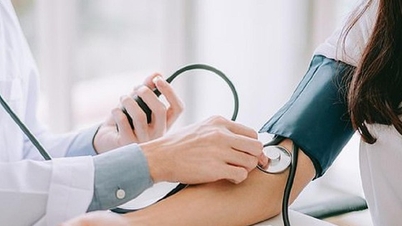
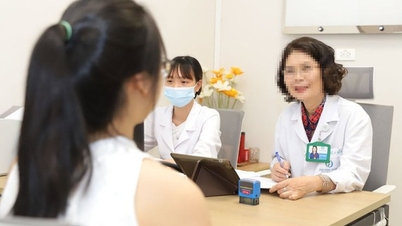


![[Photo] Panorama of the Patriotic Emulation Congress of Nhan Dan Newspaper for the period 2025-2030](https://vphoto.vietnam.vn/thumb/1200x675/vietnam/resource/IMAGE/2025/11/04/1762252775462_ndo_br_dhthiduayeuncbaond-6125-jpg.webp)















































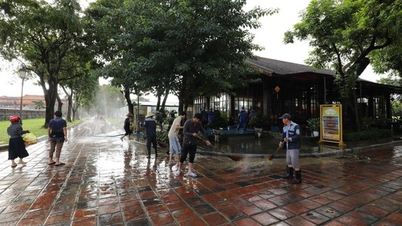
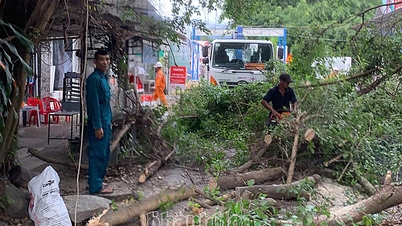

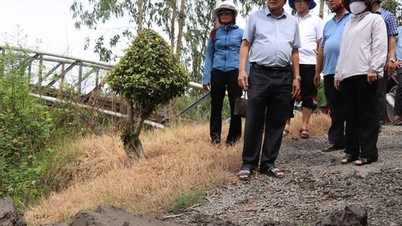




















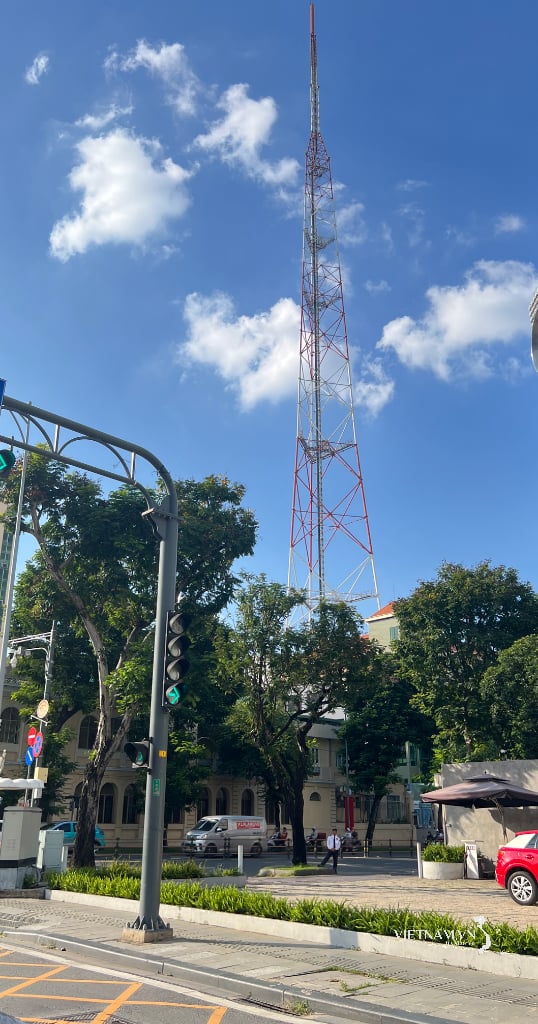

Comment (0)